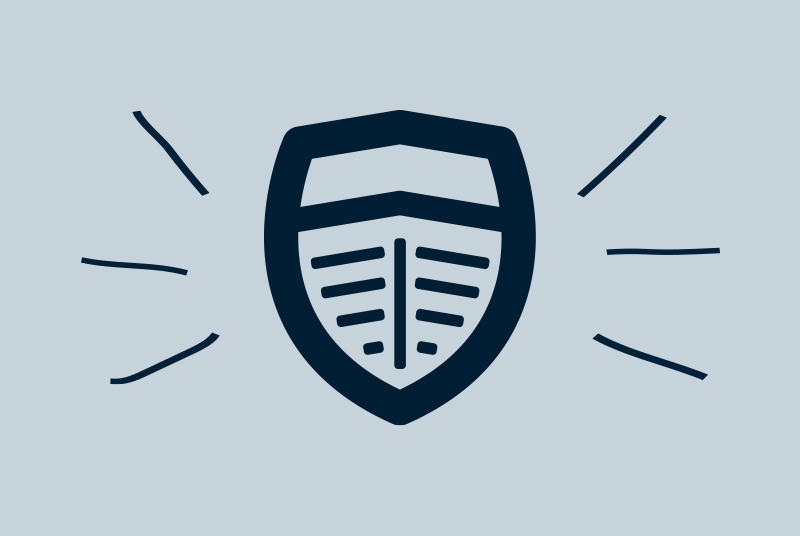Security
Beware of COVID-19 Scams Using the FDIC's Name
During these unprecedented times scammers are using false information regarding the security of people’s deposits or their ability to access cash to perpetuate fraud schemes.
The FDIC does not send unsolicited correspondence asking for money or sensitive personal information. The agency will never contact you to ask for personal details, such as bank account information, credit and debit card numbers, Social Security numbers or passwords.
Be On The Lookout For:
- Emails or text messages claiming that you are entitled to a check from the government because of the economic impact of the Coronavirus, and you only need to pay a small fee to access the funds.
- Someone claiming to be from a government agency, debt collection, or a bank call claiming that there is a concern with your bank deposits. They may claim to need some account information to protect the funds.
Remember:
- The FDIC insures up to $250,000 per depositor per FDIC-insured bank.
- Since 1933, no depositor has ever lost a penny of FDIC-insured funds.
- The government will not contact consumers asking for their Social Security number or account details, and will never request any payment by gift card.
- The government will not ask for fees in order to process checks.
What You Should Do:
- Hang up or delete the email/text/message. Do not respond to requests for information.
- Visit the FDIC for more information on deposit insurance: edie.fdic.gov
- Report scams at: ftc.gov/complaint








